 President Reuven Rivlin, held a swearing-in ceremony on Tuesday morning 18 Marcheshvan for the first time since taking office. During the ceremony 19 judges -including Supreme Court Justice Menachem (Meni) Mazuz – and five senior registrars, were sworn in.
President Reuven Rivlin, held a swearing-in ceremony on Tuesday morning 18 Marcheshvan for the first time since taking office. During the ceremony 19 judges -including Supreme Court Justice Menachem (Meni) Mazuz – and five senior registrars, were sworn in.
President Rivlin opened his remarks by saying that the trust the public has acquired in the honesty of its judges and the purity of their considerations is essential to the judicial system. The President added, “This trust depends on many parameters, including the morals and ethics of the judges, personal integrity, equality before the law and the judge, professionalism, scholarliness, judicial temperament, and efficiency of judges, lack of procrastination and delay of justice. These parameters are primarily procedural parameters relating to proper legal process, and the daily contact between judges, litigators, lawyers, and anyone who enters the court’s gates.
Indeed, the system of courts and judges has thoroughly internalized the consequences of the erosion of public trust, within the procedural proceedings. In fact, significant steps have been taken to reduce the time of the hearing process, and for improving and ensuring the professional and moral qualities of this process. The second and more substantive meaning of ‘public trust’, relates to the public legitimacy of the court’s institutes, and the degree of respect and obedience, both from the public and its elected officials, toward the judicial decision. For example: it is possible that a court ruling disallows the use of security measures, which violate human rights unequivocally, and that this ruling will be considered illegitimate in the eyes of the public, and will be subject to criticism. As a result of this decision and the public pressure, the public will demand of their representatives in the legislature to change the legal situation created by the court rulings in these matters, whether by limiting the powers of the court, or by altering the legislation. In this case, the lack of public legitimacy toward the ruling is not because the public believes that the judges are immoral, or unprofessional, or that the proceeding conducted was unfair or inappropriate. In this case, the lack of public legitimacy occurs because the public does not agree with the judicial decision, with the authority of the judges to pass such a ruling, or with the moral basis upon which this decision was made. I feel that the for fear of damaging the public trust in the institutional authority of the courts, is caused by a moral crisis faced by Israeli society, and the court, especially the Supreme Court, is in the eye of the storm. Israeli society struggles to find a common moral language, and the court is paying the price for this. For some reason, human rights have become a code name for ethics. The land of Israel and Zionism have become code names for patriotism. The various factions within society are appropriating the basic values that fit their cause, while the public debate has difficulty producing a common denominator of values around which we can establish a constructive and positive dialogue. In this situation, the courts which speak up on behalf of our share principles, fall victim to a divided and embroiled society. Public criticism, particularly about the courts, is not only legitimate and reasonable – it is essential and natural in a democratic society. A line or two of a Supreme Court’s ruling can be discussed, as well as any other judicial decision, but false charges against the Supreme Court, as if it represents one camp only within society, has no foundation or basis whatsoever. These charges stem from the moral crisis within Israeli society. I can understand, and so can anyone else, the dilemmas regarding striking the exact balance, between the question of human rights, and the personal safety of the residents of Israel. But for me, and I believe that for most of the public, both of these values are Zionist, Jewish and democratic values. For most of the public the debate isn’t about the foundation of values, Jewish and democratic, democratic and Jewish, that we all share, but about the relationship between its components. Our Court acts in accordance to the mixture of shared values, which constitutes the basis for our existence as a Jewish and democratic State, with any question place before it, and that is its greatness. The relentless attempts to undermine the shared foundations, and drag the court into the ring, undermines the last conventions that bind us together.”
President Rivlin stressed that: “Forty years ago the late Prime Minister Menachem Begin declared – ‘There are judges in Jerusalem’. This declaration is valid to this day and even more than ever. I repeat it now, loud and clear: “There are judges in Jerusalem. And not only in Jerusalem, but in the entire country. “There are judges in Jerusalem and not only when they grant satisfactory rulings. And in terms of “Their opinion is as my opinion”, there are judges in Jerusalem, even when their rulings are infuriating, anger, are overwhelming, raise mountains and expose the abyss. There are judges in Jerusalem, even when the result is not an easy one for the Israeli public or its leaders. Even when deciding upon the “citizenship law”, the “infiltration law”, suspending national service or core studies. There are judges in Jerusalem, and their voices echo in New York and the Hague, London and Geneva. A strong, independent, brave, opinionated, sometimes rebellious, objective court is the beating and living heart of a working democratic society. It is its lifeblood, open eyes, and a source of pride in Israel and around the word.”
The President congratulated newly appointed Justice, Menachem Mazuz and said, “I want to especially point out the appointment of the Supreme Court Justice, sworn-in today, Menachem, Meni, Mazuz. A Supreme Court Justice is not appointed every day. And certainly not such special judge, as hardworking, honest and brave, who has had a long journey both in his personal life and professional career. A glorious journey, shining a light on his work and on him as a person.” Mazuz, who was born in Tunisia and immigrated to Israel when he was a one-year-old, comes from a family of rabbis and rabbinical judges, a brave fighter against public corruption. I am proud that Justice Mazuz will be at the forefront of the legal system, and will fully share in defining and developing Israeli law, and I wish both him and you all much success.”
Justice Minister Tzipi Livni also spoke at the ceremony as well as the Supreme Court President, Justice Asher Grunis and newly appointed Supreme Court Justice Menachem Mazuz. Minister Livni said: “The public’s confidence in justice is vital, and this is our job. As a system, we must choose the best, and indeed here today we have the best people in Israel within the field of law: Jews, Christians, Muslims and Druze, the best who serve in all the judicial courts.” The minister also noted: “I ask one request from any judge, that is in my opinion the most important one, always look toward your inner compass, and in moments where the answer is not clear and unequivocal, and indeed there are quite a few such moments, look at your internal compass and then I’m sure you will reach the right decisions.”
President of the Supreme Court, Justice Asher Grunis wished the newly sworn-in judges much success and said: “the Judicial Selection Committee has chosen each one of you after becoming convinced that you are best candidates and that you will be successful in the task granted to you: to do justice, not to distort a trail, to judge impartially and decide the cases laid before you by your conscience and order in accordance with the law. The Israeli public will expect you to serve them efficiently, courteously and practically.”
Incoming Supreme Court Justice, Meni Mazuz said: “We vowed our loyalty today the State of Israel and its laws and to dispense justice. While filling our judicial roles in the Jewish and democratic State, we should place before us the words of the prophet Micah that holding a trail involves measures of love and kindness and behaving modestly.”
(YWN – Israel Desk, Jerusalem)

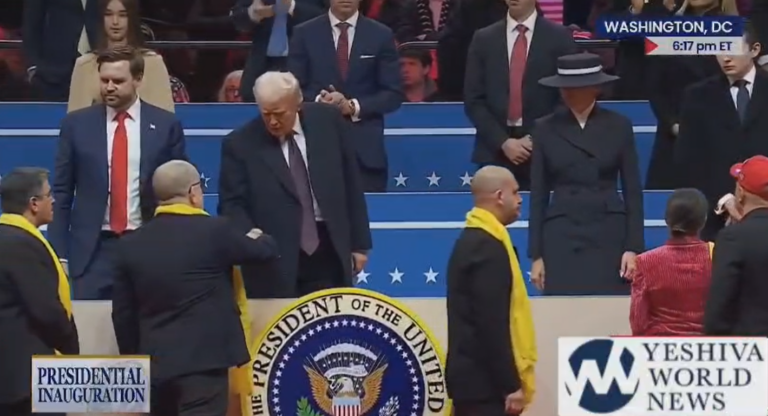

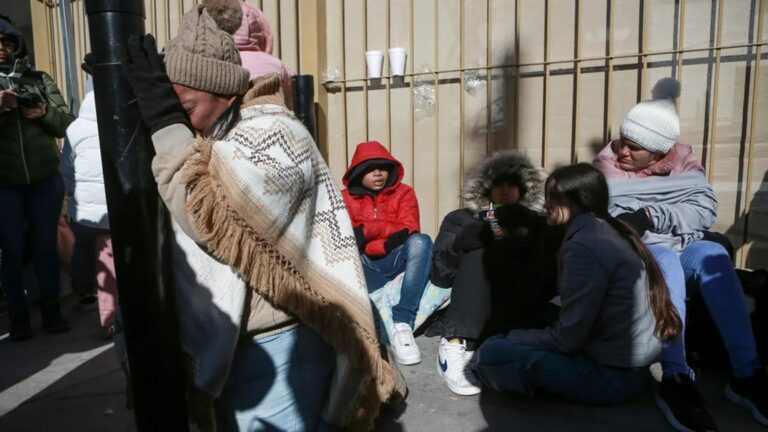


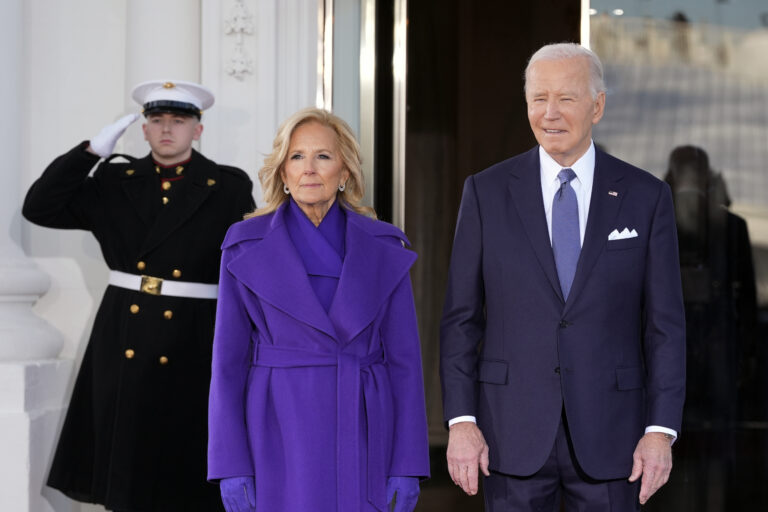

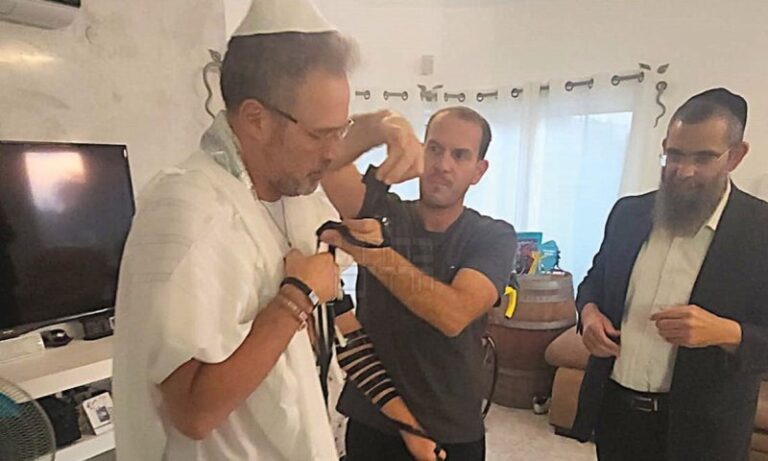
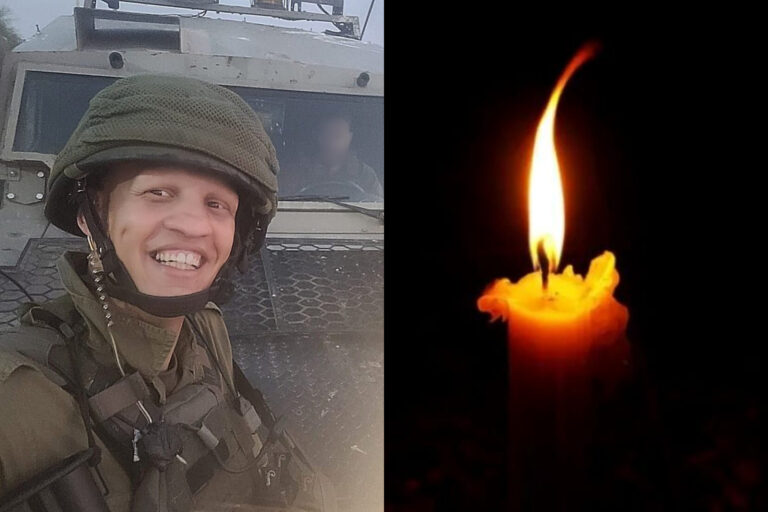
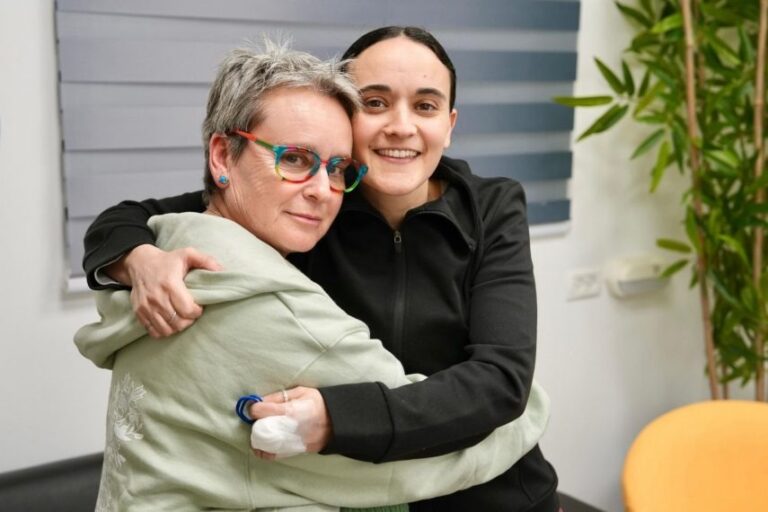
5 Responses
It’s such a shame that none of these justices are שמרי תורה ומצוותיה.
Isn’t there a Mazuz in the SHAS party?
Rivlin will be hopefully be one of the best presidents,possibly the best.
But he could on occasion fall into being ,in Avigdor leibermans words, an overly gentlemanly “feinshmecker”
In essence President Rivlin claims that allegations against the courts derive from the moral and ethical dilemmas Israel lives with, not the crookedness of the judges.
Unfortunately, Halevai it were so…!
#2
Mazuz was a distinguished Tunisian family.
The ma’abarot and kibbutzim unfortunately did a good job,and some ended all over the spectrum